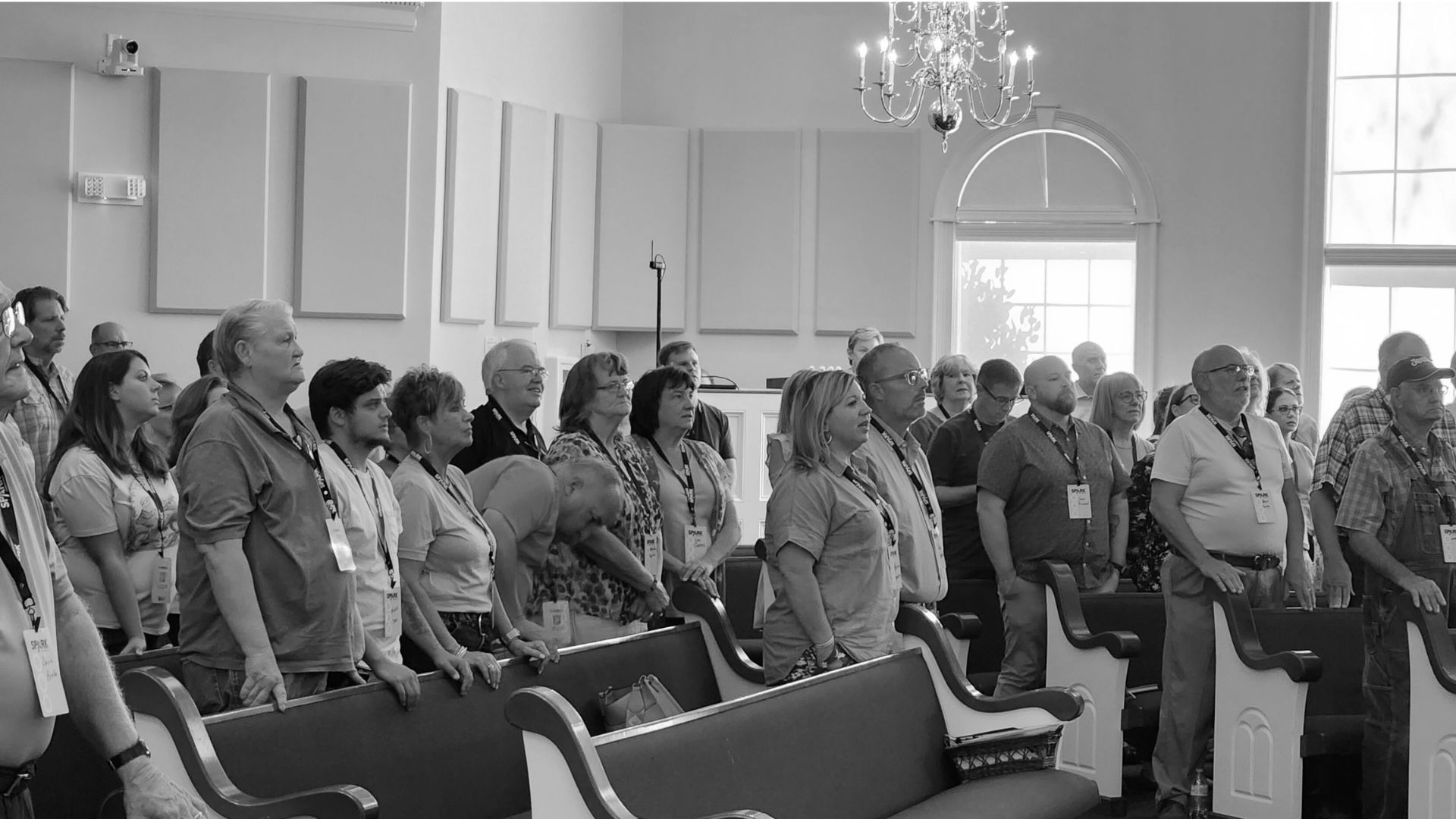In previous post I introduced two preceding principles; “Create a Culture of Connection,” and “Create a System of Communication.” Now two additional principles will conclude this brief series.
Principle # 3. Create Compelling Environments.
Compelling environments are a must. Here’s an important axiom, “Don’t advertise what you can’t deliver!” Be realistic about who you are and what you are doing. Does your website and literature present a picture or image of your church that is unrealistic? High expectations lead to low customer satisfaction. We’ve all experienced disappointment with a movie that others may have recommended highly but failed to entertain us. Perhaps a friend suggested a new restaurant strongly and yet your experience was poor service or sub-par food. Our experience can be tempered by the expectations we set. In the same way, churches can suggest “the best Youth Ministry in town” but guests and newcomers are dissatisfied with the experience.
Regularly evaluate your ministry environments: Corporate worship, small groups, children and youth ministry activities, outreach and community events, etc. Seek input from leaders and participants about the strengths and weakness of the activity or ministry. Continually, seek ways to improve your ministry environments which will eventually improve the outcomes.
Principle #4. Connect through Conversations.
Encourage spiritual conversations. Guests are expecting to hear and be engaged in spiritual conversation. That’s what we do (should do) at church. People who go to sporting events, have conversations about the game, they make friends through those conversations. If a person attends an educational seminar they expect to dialogue about the content. Why do we think people who attend church have a desire to remain totally anonymous? They don’t want to be singled out…but they do want to be noticed.
Encourage members to communicate about spiritual progress in their lives. Ask questions like “What is God teaching you in your quiet time?” or “How did you see the Spirit move in your family or workplace this week?” even, “With what areas of spiritual growth are you struggling and how can I help?” These and similar questions can foster deeper connections among the body of Christ and promote spiritual growth in the individual believer.
Pastors, set the tone by mixing with the congregation around ministry events (including worship) and engaging in personal conversations. Worship times can be challenging as you often get stopped about a problem or last minute adjustment to the service. May I make two suggestions: 1. Plan ahead. Make sure you complete as many tasks as possible before Sunday arrives. Plan and prepare the service as early as possible to avoid last-minute demands. 2. Create a guest relations team. Someone (or better a team) of people in your congregation should be evaluating the Sunday morning experience constantly to assure that guests and newcomers are connecting relationally and spiritually.
I trust that these 4 principles have been beneficial. Let me know what you think.

